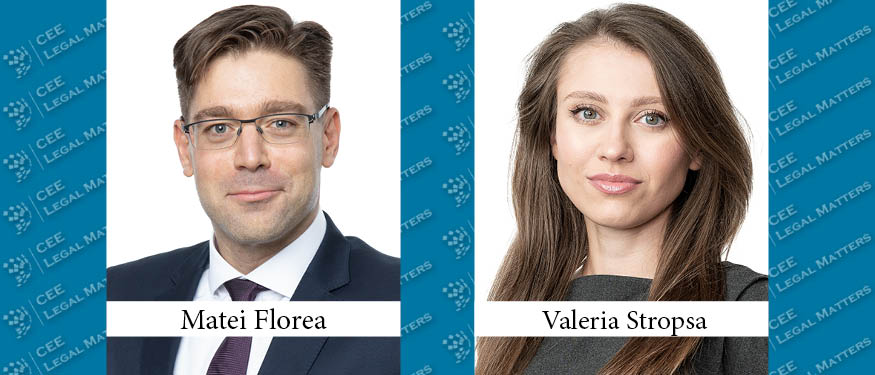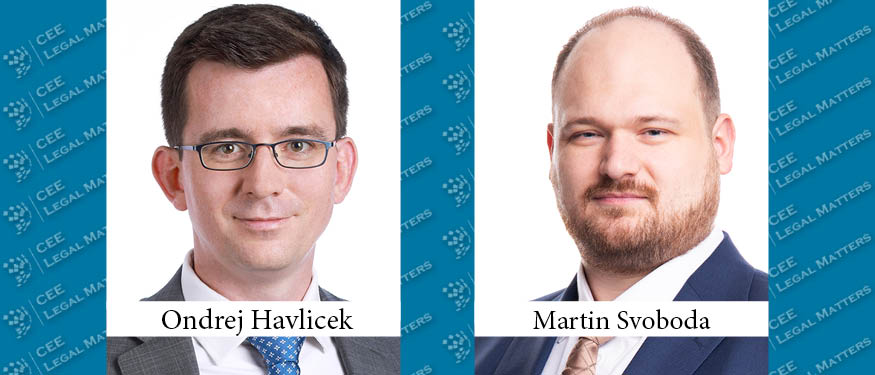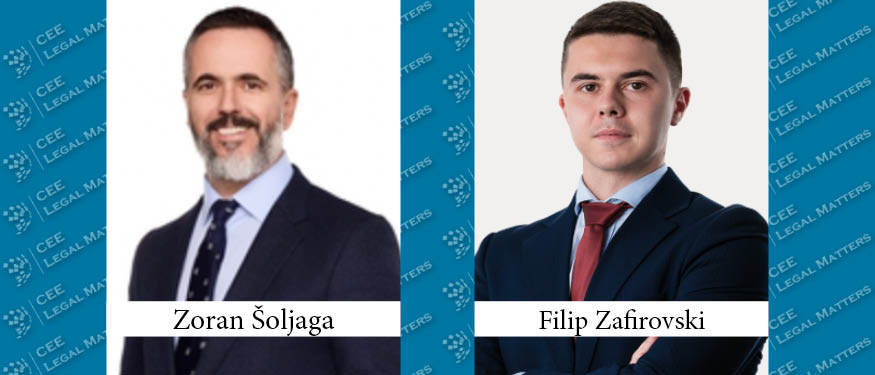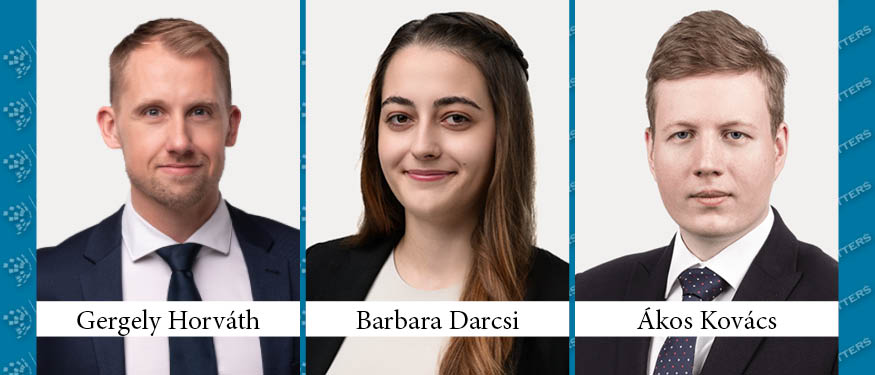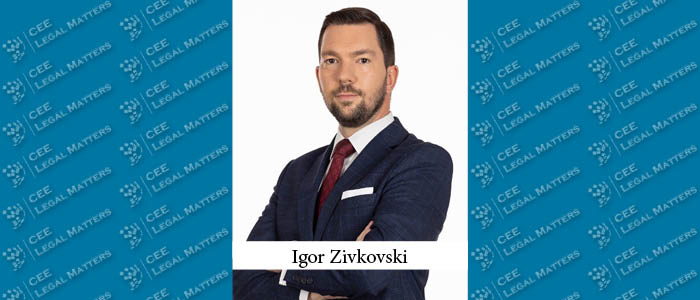Schoenherr has advised IGT Services and Technologies on the acquisition of the Service Delivery division of Connections Consult.
Schoenherr and Hogan Lovells Advise PTC on Acquisition of IncQuery Group
Schoenherr and Hogan Lovells have advised PTC on its acquisition of IncQuery Group. Act Legal and Winkler, Barna & Associates reportedly advised the sellers.
Schoenherr Advises BlackPeak Capital on Investment in Kafeterija
Moravcevic, Vojnovic and Partners in cooperation with Schoenherr has advised BlackPeak Capital on its investment in Kafeterija.
Schoenherr and Greenberg Traurig Advise on mBank's Financing for Unity Care and Salus' Cooperation with Enterprise Investors
Schoenherr has advised mBank on financing to Unity Care and Salus in cooperation with Enterprise Investors for the consolidation and modernization of outpatient healthcare facilities in Poland. Greenberg Traurig advised Enterprise Investors.
Schoenherr Advises UniCredit Bank on D&B Refurbishment of Headquarters in Hungary
Schoenherr has advised UniCredit Bank Hungary on a design-and-build project to completely refurbish its country headquarters in Budapest and assigned to Fitout Zrt. as the developer.
The Corner Office: 2024 in (Volume) Review
In The Corner Office, we ask Managing Partners at law firms across Central and Eastern Europe about their backgrounds, strategies, and responsibilities. With 2024 behind us, we asked: Looking at transactional volumes for this year, would you say that 2024 was better or worse than what you originally expected it to be, and why?
Poland: Implementing the NPL Directive – Challenges and Opportunities
The inherent volatility of the financial market offers many opportunities but also poses significant risks. Following the 2007-2008 financial crisis, legislators in the European Union struggled to contain the non-performing exposure (NPE) cycle through legislative action.
Romania: New Rules on Interest Limitation for Non-Bank Financial Institutions and Loan Claim Assignments
Aiming to protect consumers from potentially excessive interest rates applied by Romanian non-bank financial institutions (NBFI) and to ensure increased transparency in loan claim assignments, in November 2024, Romania enacted Law 243/2024 on consumer protection regarding the total cost of credit and assignment of claims (Law 243/2024).
Czech Republic: Cybersecurity and Financial Institutions in Light of DORA and NIS2
The DORA regulation (Regulation (EU) 2022/2554 of the European Parliament and of the Council of 14 December 2022 on digital operational resilience for the financial sector) is an essential piece of European legislation aiming to bolster cybersecurity within the EU.
Schoenherr and DWF Advise on Dealavo's Sale to JTL-Software
Schoenherr has advised Dealavo on its sale to JTL-Software. DWF advised JTL-Software.
Schoenherr and Greenberg Traurig Advise on Enterprise Investors' Financing for Grupa Expobud
Schoenherr has advised Enterprise Investors on a debt financing transaction aimed at supporting the growth of Expobud Domy. Greenberg Traurig advised mBank on the financing of the transaction.
Schoenherr Advises Shareholders of Nortec Pharma on Sale of Majority Stake to Frewitt
Schoenherr has advised the shareholders of Nortec Pharma on the sale of a majority stake to Frewitt.
North Macedonia: Commission for Protection of the Competition of North Macedonia Strengthens Oversight of Food Supply Chain and Food Retail Sector
The Commission for Protection of the Competition of North Macedonia (CPC) has significantly intensified its enforcement activities in the food retail sector, signalling a stricter regulatory approach toward potential anti-competitive behaviour.
Dentons and Schoenherr Advise on Komercni Banka's Acquisition of SG Equipment Finance Czech Republic
Dentons has advised Komercni Banka on acquiring a 49.9% stake in SG Equipment Finance Czech Republic from Societe Generale Equipment Finance. Jones Day and Schoenherr advised Societe Generale. White & Case reportedly advised SGEF owner BPCE.
Hungary: Understanding the EU AI Act in Practice
10+1 Questions and Answers for Hungarian Companies.
Shaping the Future of Energy: Legal Implications of Austria's New Government Programme
The government programme of the three-party coalition for the years 2025-2029 has been established. In the field of energy law, long-awaited legislation such as the Electricity Industry Act (ElWG), the Renewable Gas Act (EGG) and the Renewable Expansion Acceleration Act (EABG) are set to be enacted.
Schoenherr Advises Ministry of Energy of Bulgaria on Support Schemes for Renewable Energy and Storage
Schoenherr has advised the Bulgarian Ministry of Energy on launching two support schemes under the Bulgarian Recovery and Resilience Plan.
Striking Serbia: A Buzz Interview with Igor Zivkovski of Schoenherr
The recent 30-day lawyer strike has sent ripples across Serbia’s legal and business environment, disrupting key judicial and administrative functions and raising concerns about prolonged instability. Schoenherr Partner Igor Zivkovski discusses the strike’s impact, investor sentiment, as well as a promising corporate bond program, and the evolving regulatory framework as Serbia navigates a period of uncertainty.








